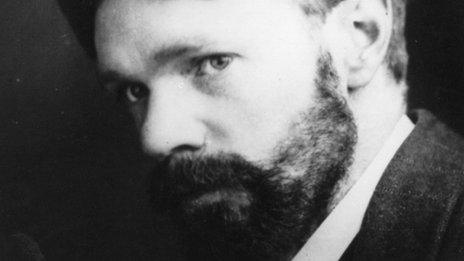DH Lawrence closure: Council 'crazy' to shut heritage centre
- Published
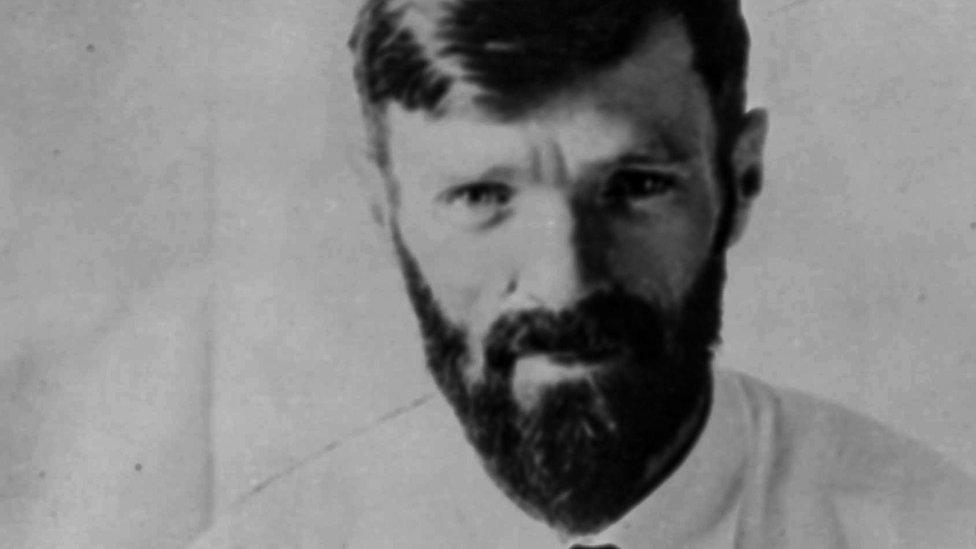
DH Lawrence's writing was strongly influenced by the mining community of Eastwood where he grew up
Double Oscar winning actress Glenda Jackson has joined other fans of writer DH Lawrence to try to save a heritage centre in his hometown.
The DH Lawrence Heritage Centre in Eastwood, near Nottingham, faces closure by Broxtowe Borough Council.
Screenwriter William Ivory, who is also calling for a council rethink, said it would be is "crazy" to shut the centre.
Council leader Richard Jackson said the borough needed to save £3.5m over three years and could not afford to keep it.
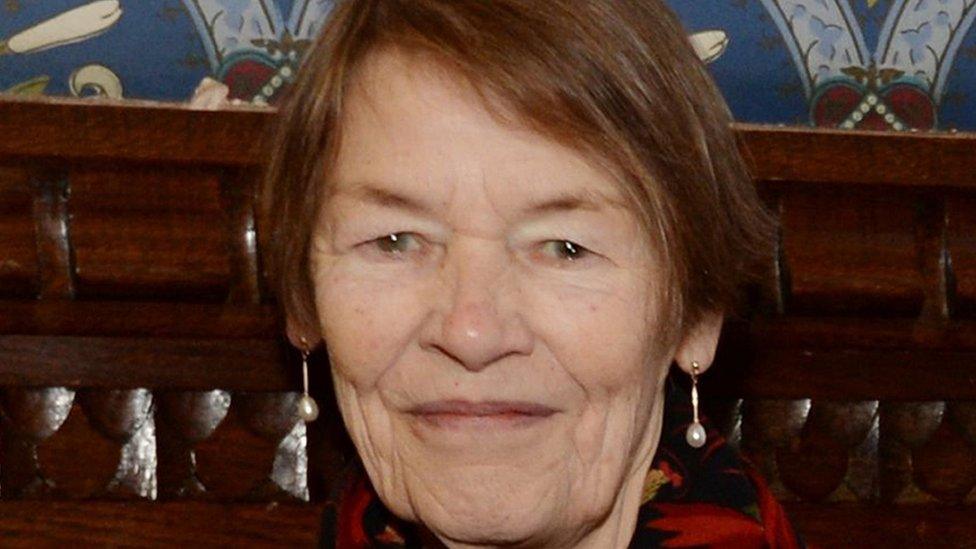
Former Labour MP Glenda Jackson won a Best Actress Oscar for her performance in an adaptation of Lawrence's Women in Love
Mr Ivory, who wrote a TV adaptation of Lawrence's Women In Love in 2011, said the writer was "a special figure" not only in English literature but world literature too.
He said: "It would be like shutting Anne Hathaway's cottage in Stratford - you have only got so much that's genuine and authentic that links us to the great literary figures of the past - and I think it is critical that they stay open."
Ms Jackson, a former Labour MP, won one of her Oscars in 1970 for a film adaptation of Women in Love.
She is among a group of actors, including Derbyshire-born Robert Lindsay, who support the campaign.
Richard Jackson, a Conservative councillor, said the closure was "simply a matter of money".
He said: "At the council we have got to save £3.5m in the next three years. It will save us around £100,000 a year - it has been under threat for 12 years and it has had £1m sunk into it."
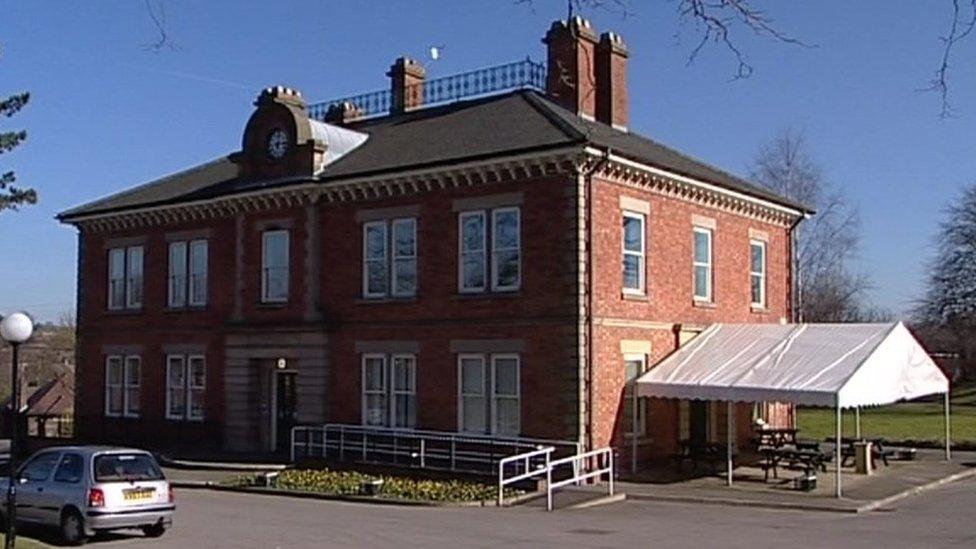
When he was a boy, DH Lawrence would help collect his father's wages at Durban House in Eastwood, where the DH Lawrence Heritage Centre is now located
Mr Jackson added the centre would merge with the DH Lawrence Birthplace Museum, also located in Eastwood.
The celebrities have signed a letter calling the closure "a grave error for the community".
The campaign was launched by Labour MP Gloria De Piero, whose Ashfield constituency includes Eastwood.
She said the local council had agreed to work with her to apply for lottery funding to keep the centre open.
Under current plans, the centre would close at the end of March.

Why was Lawrence's Lady Chatterley so controversial?
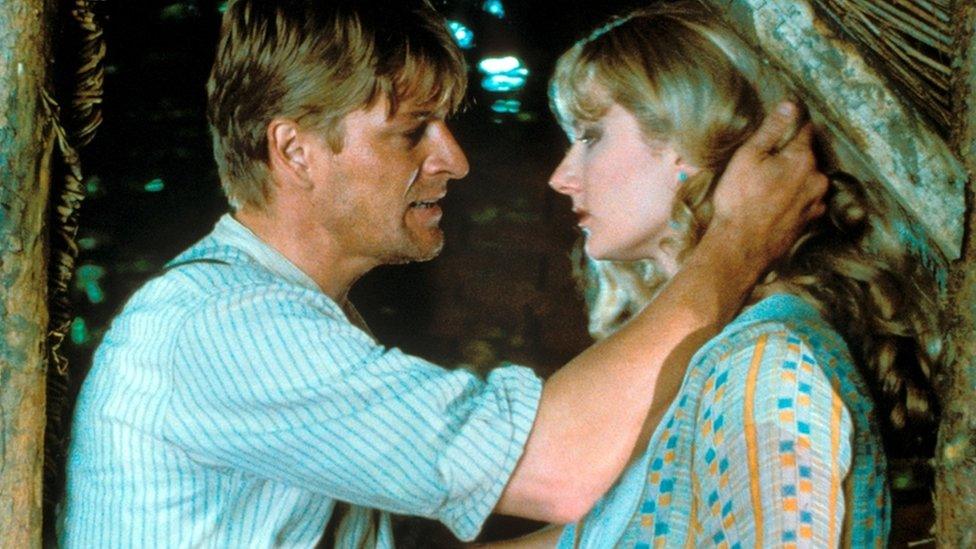
Bookshops sold out of copies of Lady Chatterley's Lover on the first day the ban was lifted in 1960 - three decades after Lawrence wrote it
It told the story of Lady Chatterley's passionate affair with her husband's gamekeeper and included details of their erotic encounters and four-letter words
It was banned in Britain in 1929 but the Obscene Publications Act of 1959 allowed publishers to escape conviction if they could show a work had literary merit
During a sensational six-day trial at the Old Bailey the prosecution failed to make the case that it was obscene and within a year it had outsold the Bible, shifting two million copies
A handful of screen adaptations of the book have been made, including on BBC TV in 1993 starring Sean Bean and Joely Richardson

- Published17 March 2011
- Published23 September 2015
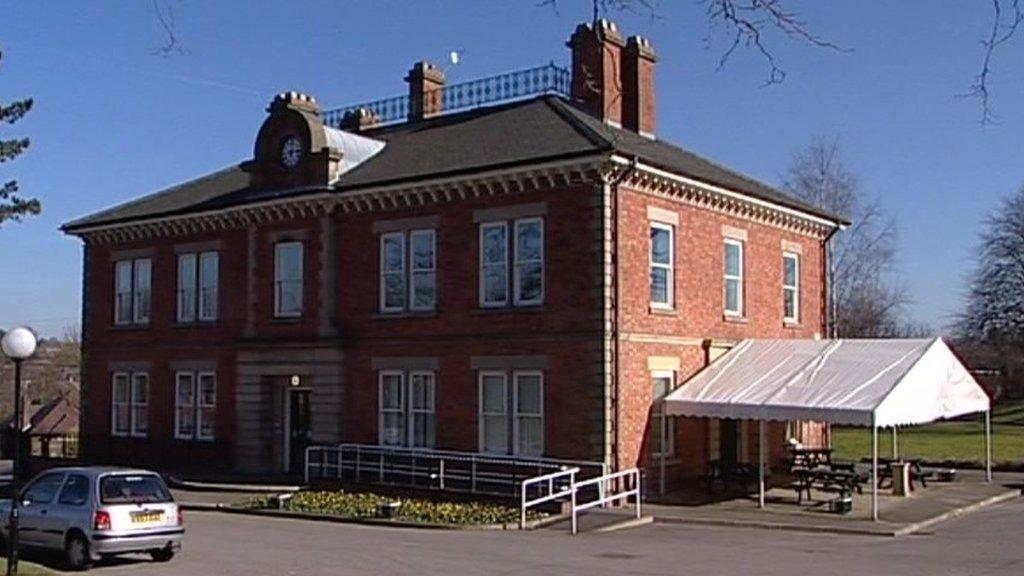
- Published14 September 2013
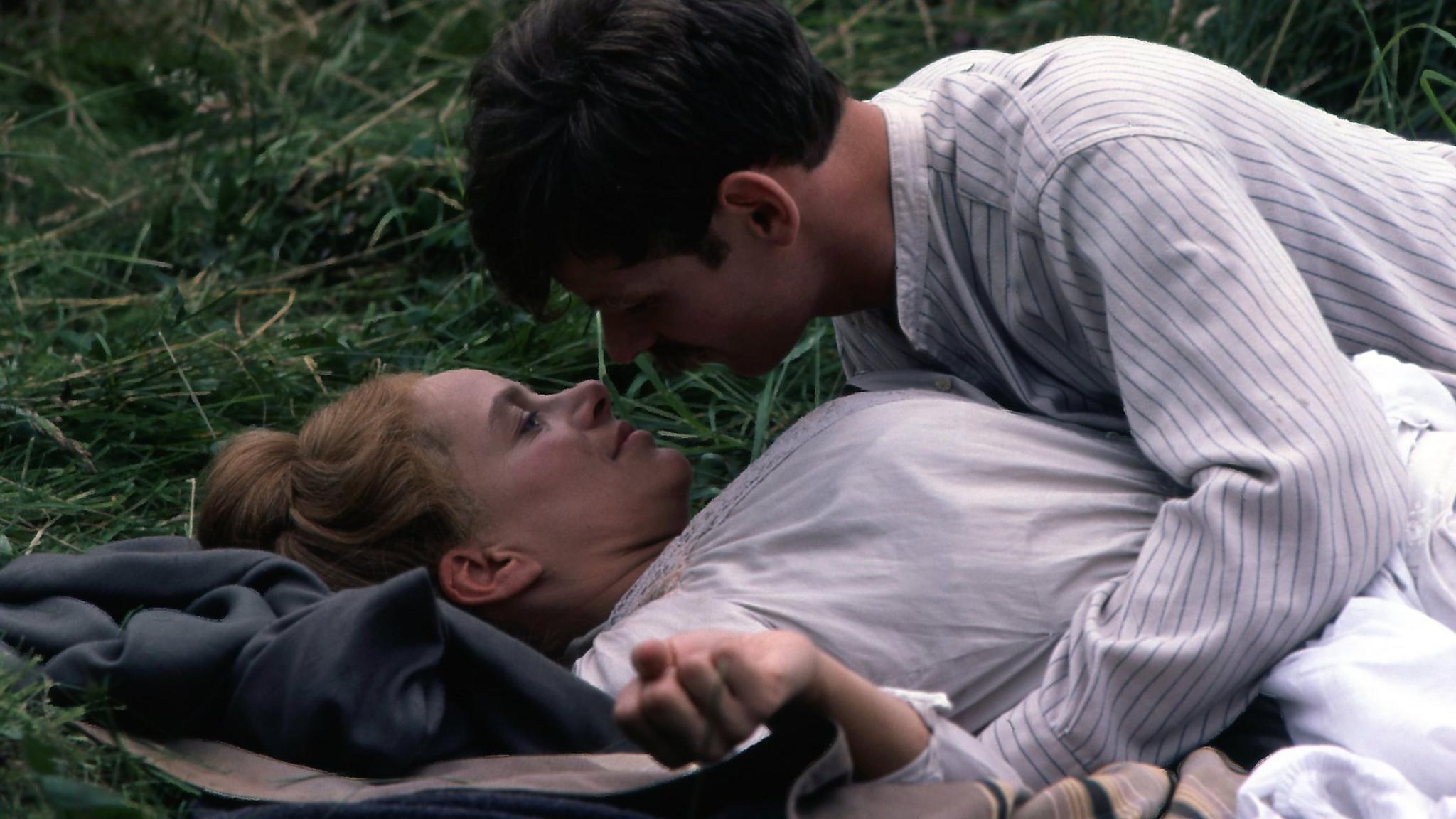
- Published12 April 2013
